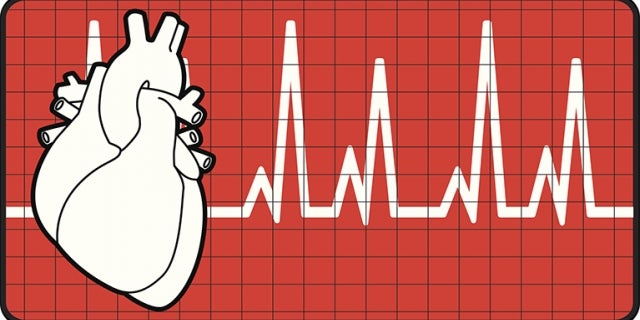Earlier this summer as vacationers laid out beach towels, adjusted their sunglasses and felt the warmth of the sun’s rays, researchers presented the world’s largest study examining the link between Vitamin D and hypertension at the European Society of Human Genetics Conference in Paris, France.
The data presented from more than 35 studies and 155,000 people revealed that high concentrations of 25-hydroxyvitamin D resulted in lower blood pressure levels and a reduced risk of hypertension. When we are not taking a break from real life, our daily habits have resulted in lower Vitamin... Read More »



